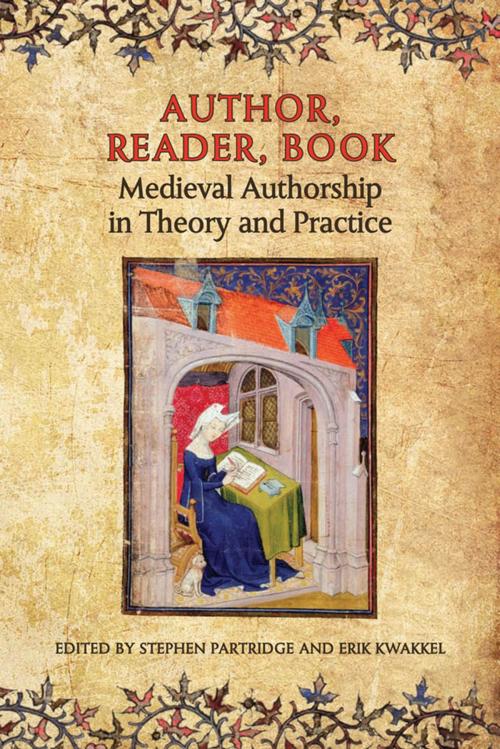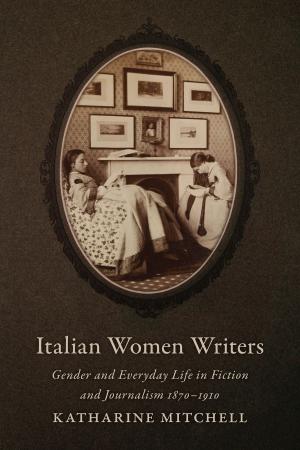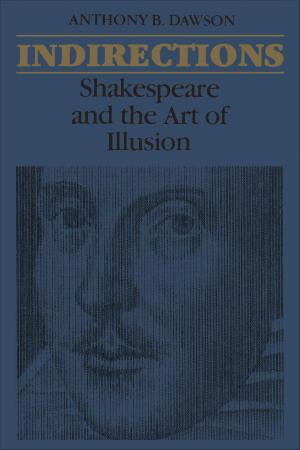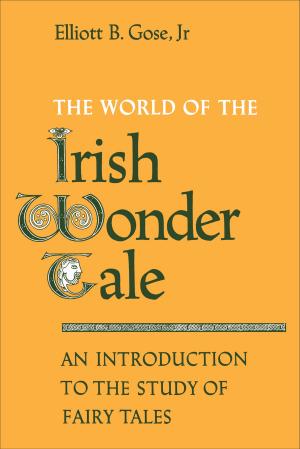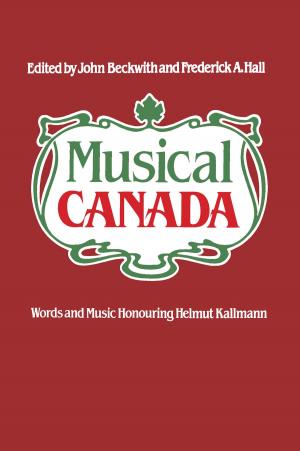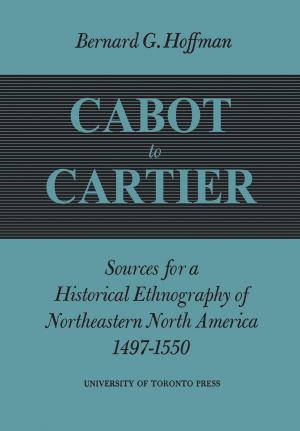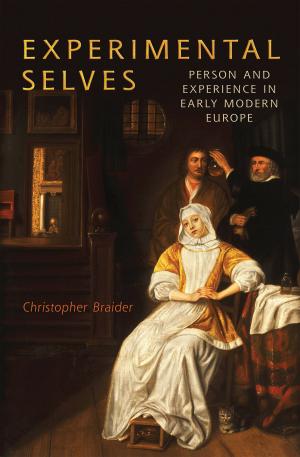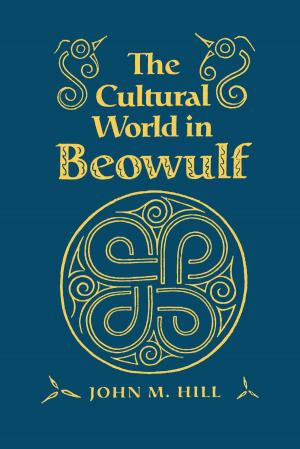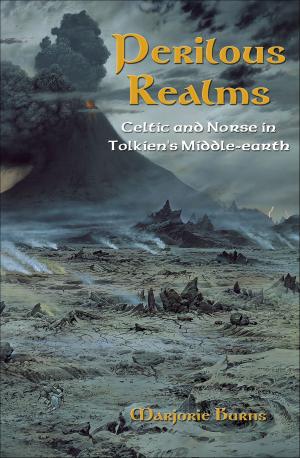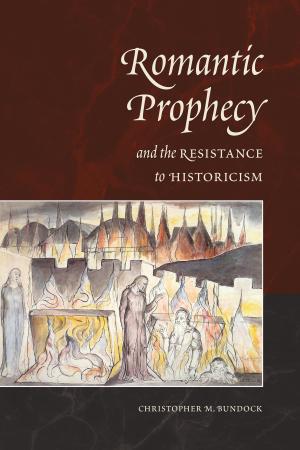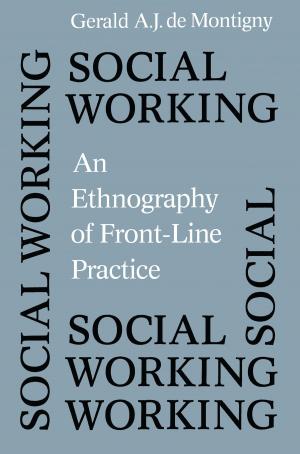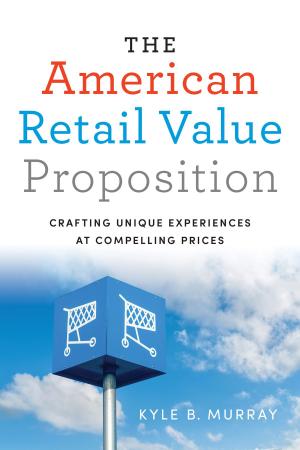Author, Reader, Book
Medieval Authorship in Theory and Practice
Fiction & Literature, Literary Theory & Criticism, Medieval, Nonfiction, Reference & Language, Language Arts, Writing & Publishing, Authorship, History| Author: | ISBN: | 9781442667013 | |
| Publisher: | University of Toronto Press, Scholarly Publishing Division | Publication: | June 29, 2012 |
| Imprint: | Language: | English |
| Author: | |
| ISBN: | 9781442667013 |
| Publisher: | University of Toronto Press, Scholarly Publishing Division |
| Publication: | June 29, 2012 |
| Imprint: | |
| Language: | English |
The current focus on the theme of authorship in Medieval and Early Modern studies reopens questions of poetic agency and intent. Bringing into conversation several kinds of scholarship on medieval authorship, the essays in Author, Reader, Book examine interrelated questions raised by the relationship between an author and a reader, the relationships between authors and their antecedents, and the ways in which authorship interacts with the physical presentation of texts in books.
The broad chronological range within this volume reveals the persistence of literary concerns that remain consistent through different periods, languages, and cultural contexts. Theoretical reflections, case studies from a wide variety of languages, examinations of devotional literature from figures such as Bishop Reginald Pecock, and analyses of works that are more secular in focus, including some by Chaucer and Christine de Pizan, come together in this volume to transcend linguistic and disciplinary boundaries.
The current focus on the theme of authorship in Medieval and Early Modern studies reopens questions of poetic agency and intent. Bringing into conversation several kinds of scholarship on medieval authorship, the essays in Author, Reader, Book examine interrelated questions raised by the relationship between an author and a reader, the relationships between authors and their antecedents, and the ways in which authorship interacts with the physical presentation of texts in books.
The broad chronological range within this volume reveals the persistence of literary concerns that remain consistent through different periods, languages, and cultural contexts. Theoretical reflections, case studies from a wide variety of languages, examinations of devotional literature from figures such as Bishop Reginald Pecock, and analyses of works that are more secular in focus, including some by Chaucer and Christine de Pizan, come together in this volume to transcend linguistic and disciplinary boundaries.
